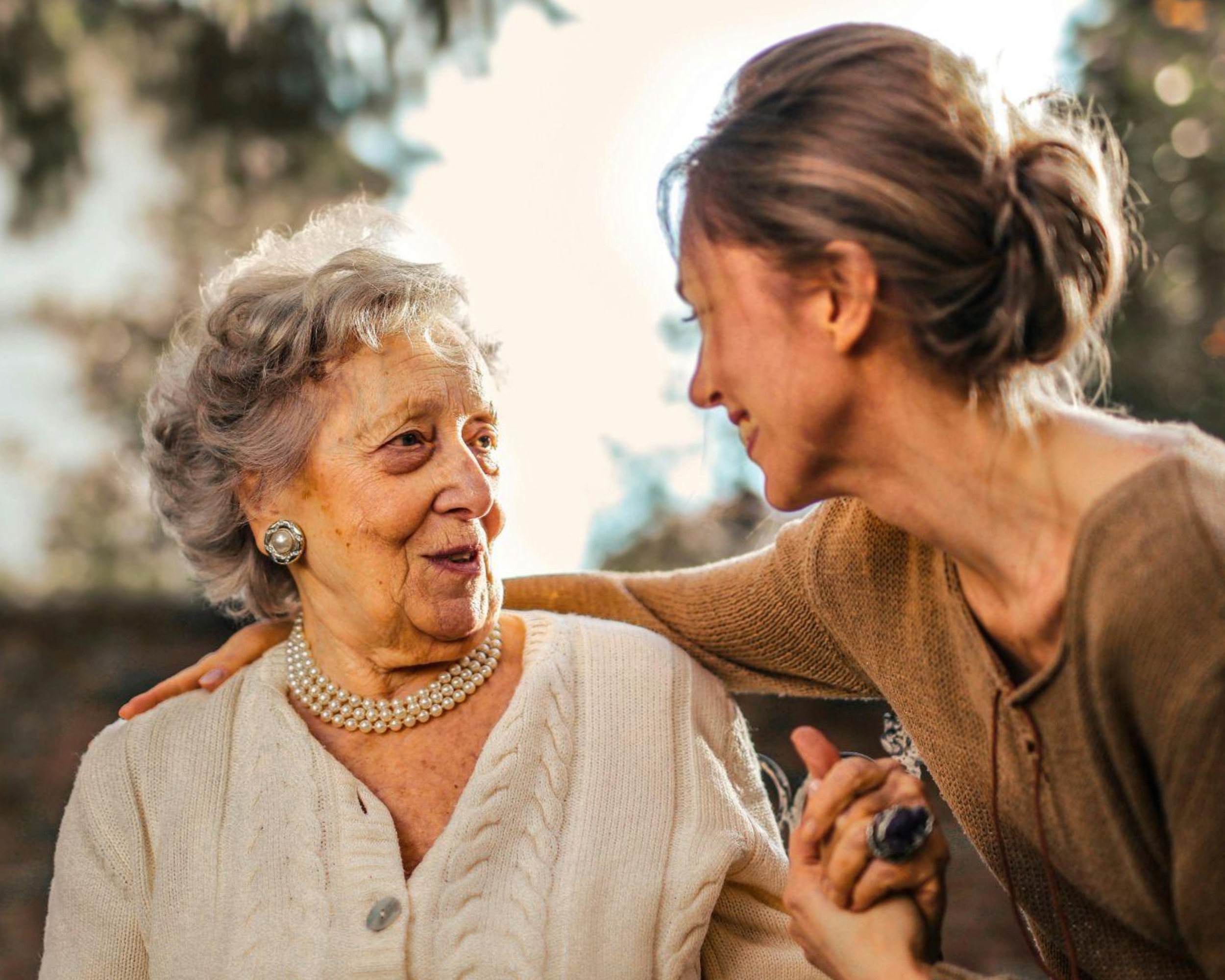Caregiving is both rewarding and challenging. While supporting a loved one can bring purpose and fulfillment, it also places significant physical and emotional demands on caregivers. To provide the best care, it’s crucial to prioritize your own health and well-being.
Self-care for caregivers is not a luxury—it’s a necessity. By integrating simple but powerful self-care practices into your daily routine, you can reduce stress, build resilience, and maintain the strength needed to care for others effectively.
Pursue Personal Growth While Caregiving
Balancing caregiving with personal goals is possible. Online education, such as earning a psychology degree, offers flexibility to study while managing caregiving responsibilities. This path not only helps you expand your knowledge of human behavior but also equips you with tools to better support your loved one.
Flexible online programs allow you to learn at your own pace, ensuring that your professional growth continues without compromising the care you provide.
Build Emotional Resilience
Caregiving often comes with stress and emotional strain. Attending workshops, webinars, or support groups focused on caregiver well-being can help you:
Manage stress effectively
Prevent caregiver burnout
Learn strategies from experts and peers
Developing emotional resilience gives you the ability to cope with challenges while maintaining your mental and emotional health.
Practice Mindful Breathing for Stress Relief
Mindful breathing is a simple yet powerful technique that helps caregivers stay grounded. By focusing on slow, intentional breaths, you can:
Reduce anxiety and stress
Improve focus and emotional balance
Promote overall relaxation
Practicing mindful breathing daily builds long-term resilience and offers a healthy way to reset during overwhelming moments.
Join Group Activities for Connection and Stress Relief
Engaging in group activities, such as yoga or meditation classes, offers multiple benefits:
Physical exercise for improved strength and energy
Mental health benefits, including reduced stress
Social support from like-minded individuals
Group activities not only strengthen the body but also create valuable community connections, reducing the isolation caregivers sometimes feel.
Start a Gratitude Journal
A daily gratitude journal can help caregivers shift focus from challenges to positive experiences. Writing down even small moments—like a kind word or a peaceful walk—can:
Foster optimism and resilience
Improve emotional well-being
Provide a record of uplifting experiences to revisit
This simple practice builds a positive outlook, which is vital in managing the emotional demands of caregiving.
Use Vision Boards for Motivation
Creating a vision board can be a powerful self-care tool. By collecting images and words that reflect your goals and dreams, you can:
Stay motivated during difficult times
Build confidence in your ability to reach goals
Visualize a balanced, fulfilling future
For caregivers, vision boards act as a daily reminder of hope, positivity, and the importance of personal growth.
Why Self-Care Is Essential for Caregivers
Incorporating self-care strategies into your caregiving routine isn’t selfish—it’s vital. By caring for your own health and well-being, you:
Improve your capacity to support your loved ones
Prevent burnout and maintain energy
Remain compassionate, patient, and resilient
Remember: caregiver well-being directly impacts the quality of care you provide. Taking care of yourself ensures that you remain a strong, dependable support system for those who rely on you.
Conclusion: Prioritize Caregiver Well-Being
Balancing caregiving with self-care is the key to long-term sustainability. Whether through mindful breathing, personal growth, gratitude journaling, or group activities, these practices can help you stay resilient and energized.
Self-care is not optional—it’s the foundation of effective caregiving.
Discover peace of mind with Secure Safety Solutions, offering expert advice and top-rated fall prevention products designed to keep your loved ones safe.
Frequently Asked Questions About Caregiver Self-Care
How can caregivers avoid burnout?
Caregivers can avoid burnout by practicing regular self-care, setting healthy boundaries, and asking for help when needed. Simple strategies such as mindful breathing, exercise, and joining support groups can reduce stress and improve resilience.
What is the best self-care activity for caregivers?
The best self-care activity depends on personal preference, but popular options include yoga, journaling, and gratitude practices. These activities help manage stress, improve mental health, and provide a sense of balance.
Why is self-care important for caregivers?
Self-care is important for caregivers because it prevents exhaustion, reduces stress, and ensures they can provide effective, compassionate support to loved ones. A caregiver’s well-being directly impacts the quality of care they give.
Can caregivers balance personal goals with caregiving?
Yes. Caregivers can balance personal goals by choosing flexible options, such as online education or part-time activities. This allows them to pursue growth while still meeting caregiving responsibilities.

